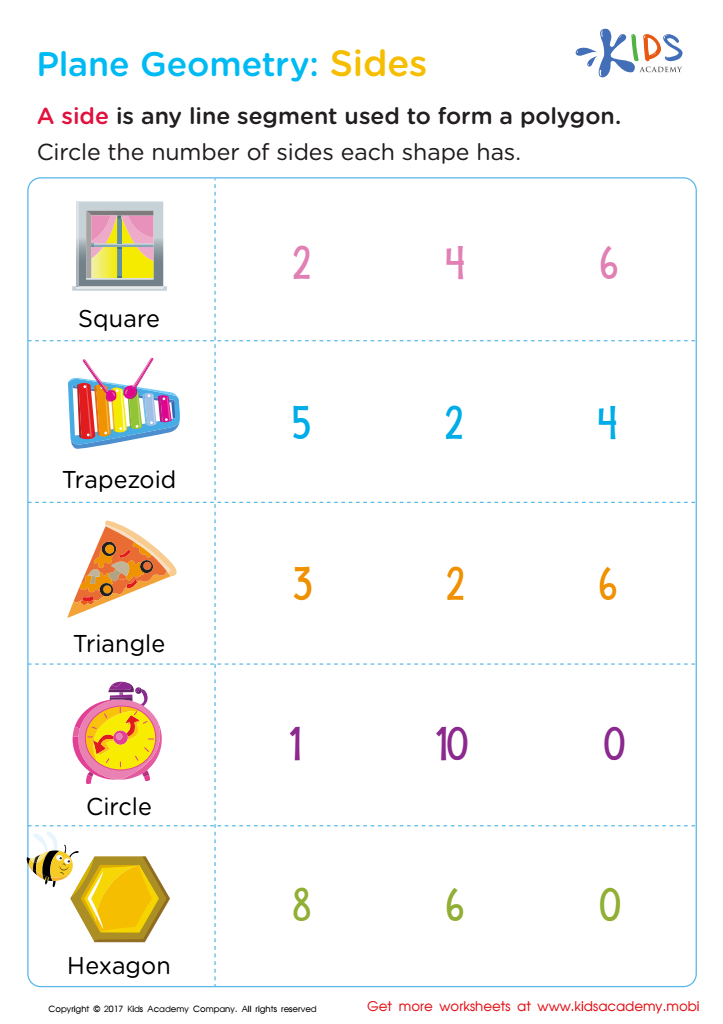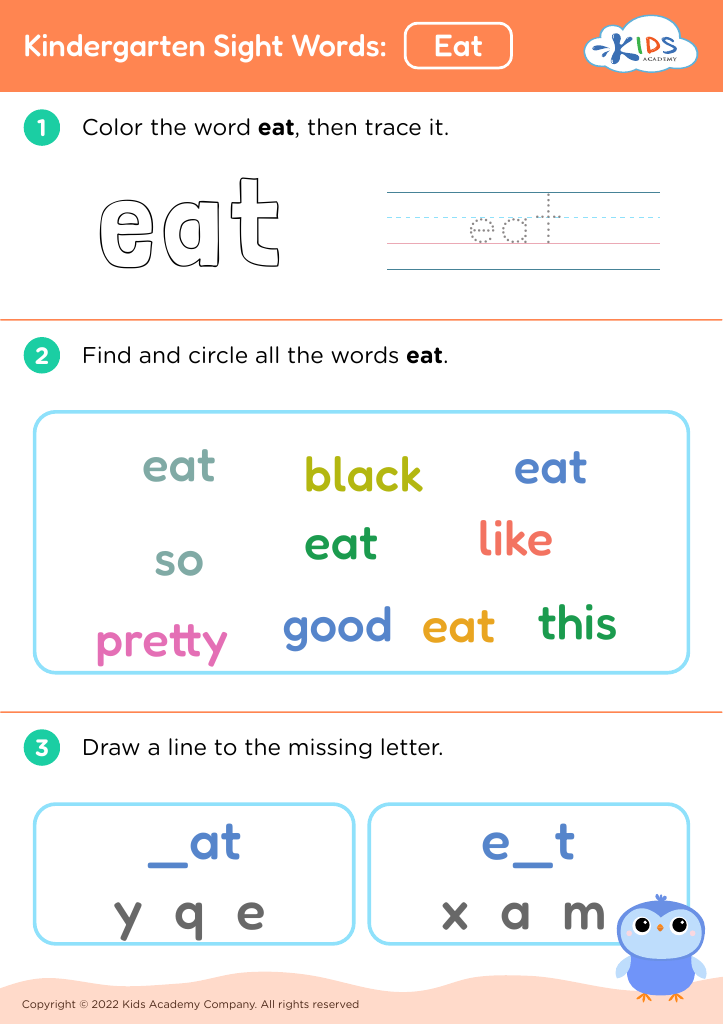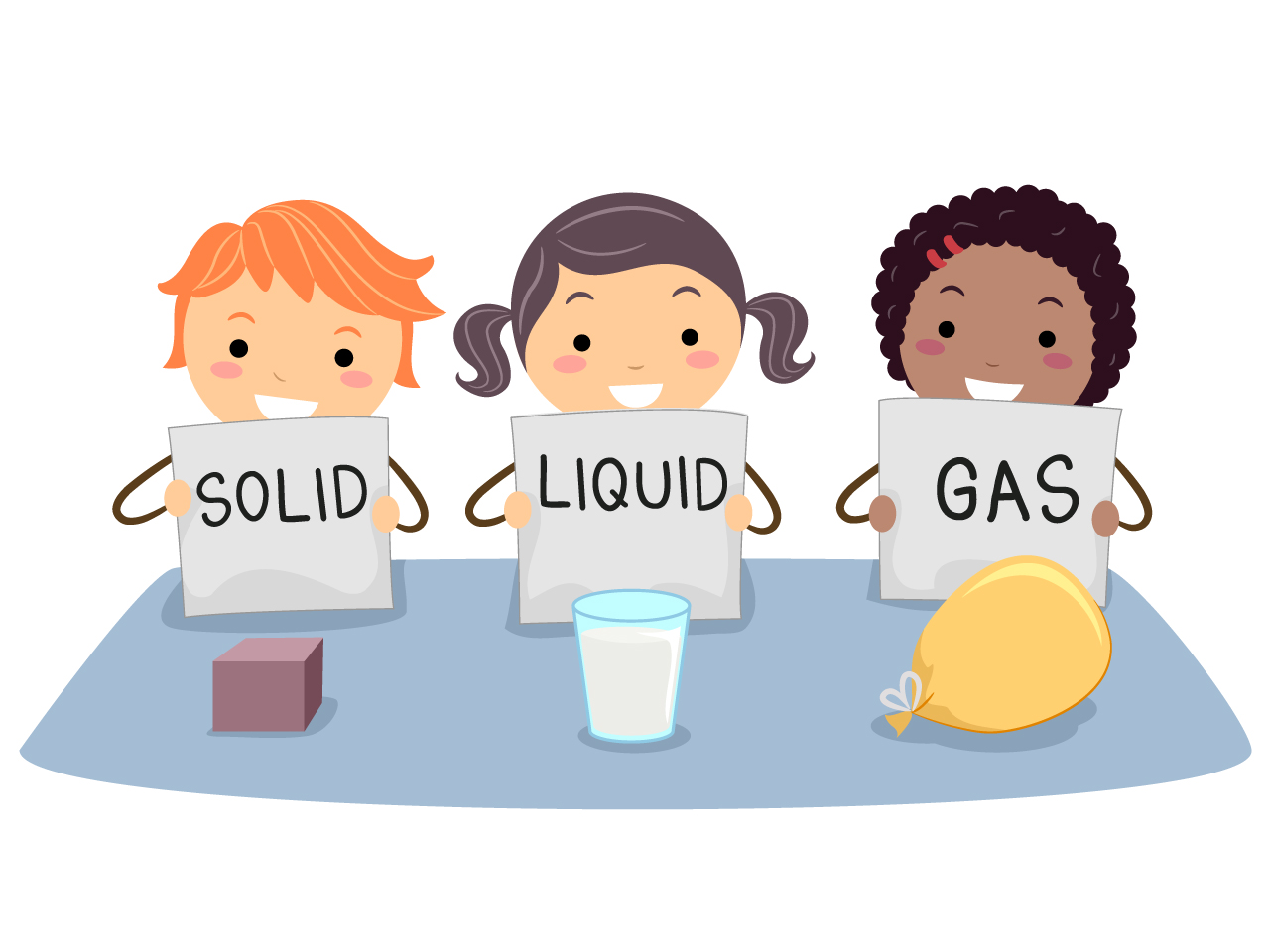Shape identification Worksheets for 4-Year-Olds
17 filtered results
-
From - To
Discover our engaging Shape Identification Worksheets designed specifically for 4-year-olds! These interactive resources help young learners recognize, differentiate, and name various geometric shapes in a fun, educational way. Each worksheet features colorful illustrations and easy-to-follow activities that capture children's attention and make learning enjoyable. Perfect for teachers and parents, these printables support early math skills and promote fine motor development through tracing and matching exercises. Encourage your child’s creativity and shape recognition skills while fostering a love for learning. Download our Shape Identification Worksheets today and watch your little one confidently identify shapes in their everyday world!
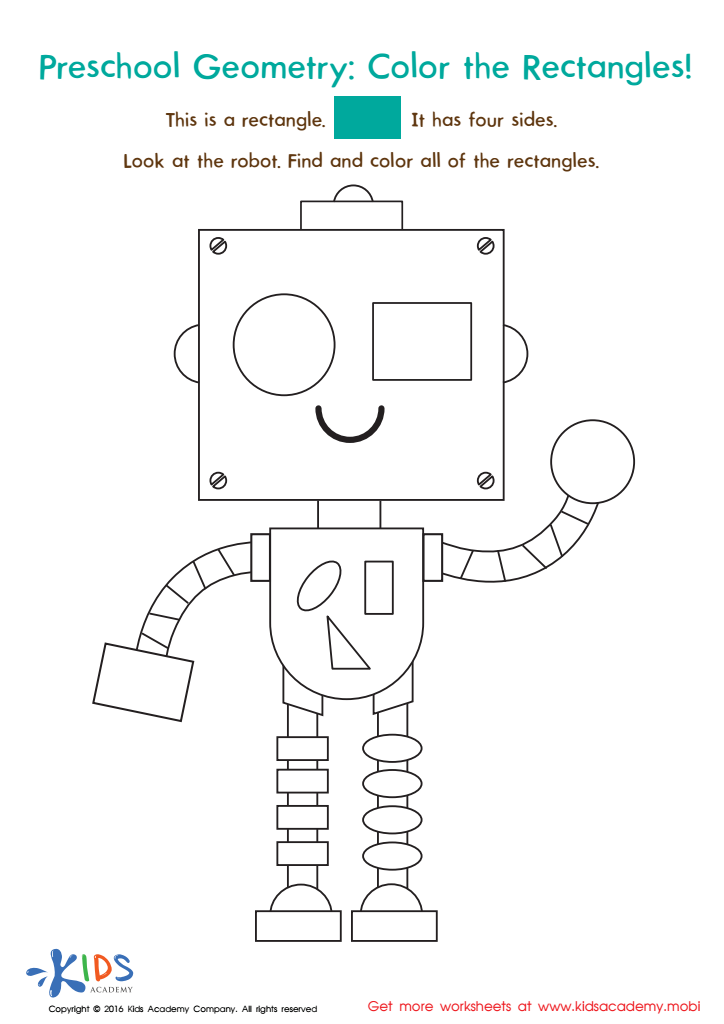

Geometry Worksheet
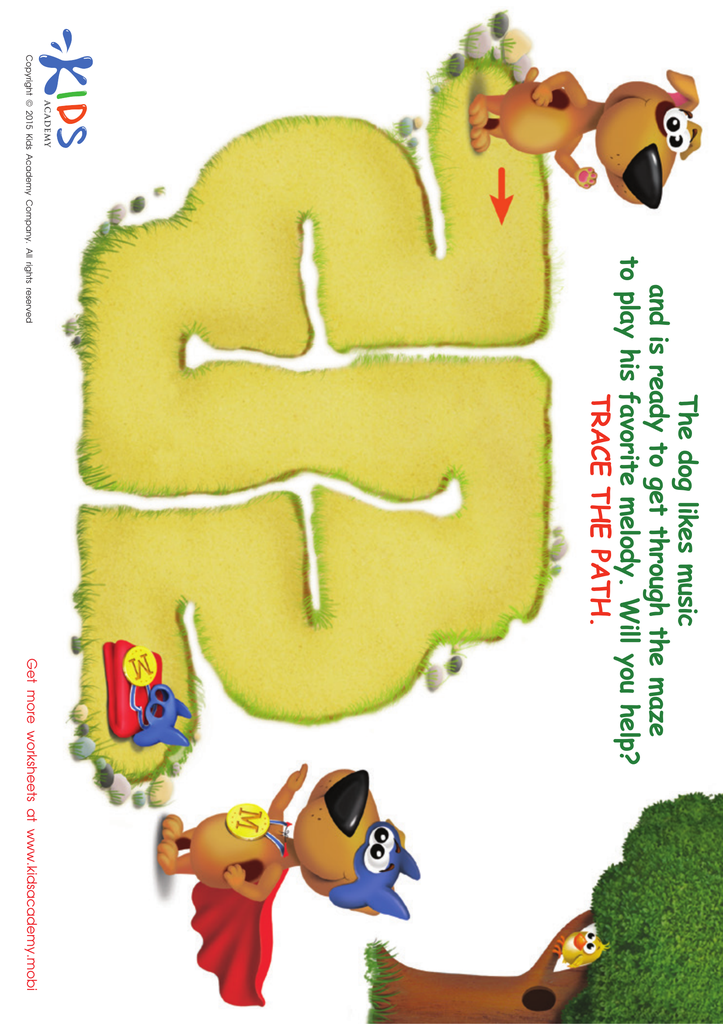

Superman Maze Worksheet
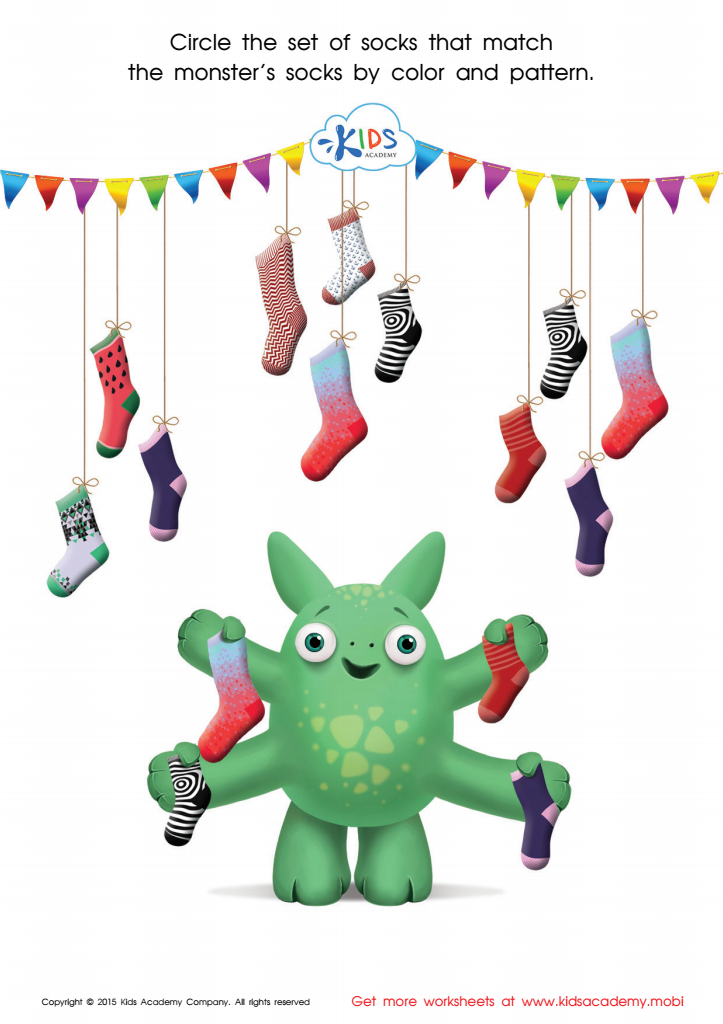

Sort the Monster's Socks Worksheet
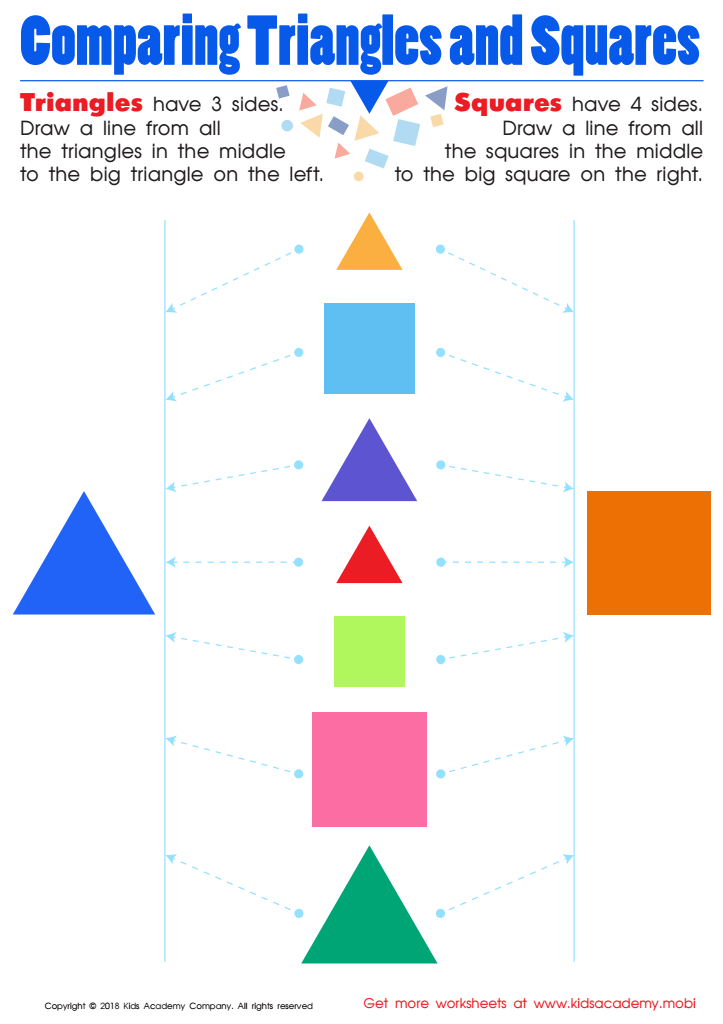

Comparing Triangles Squares Worksheet
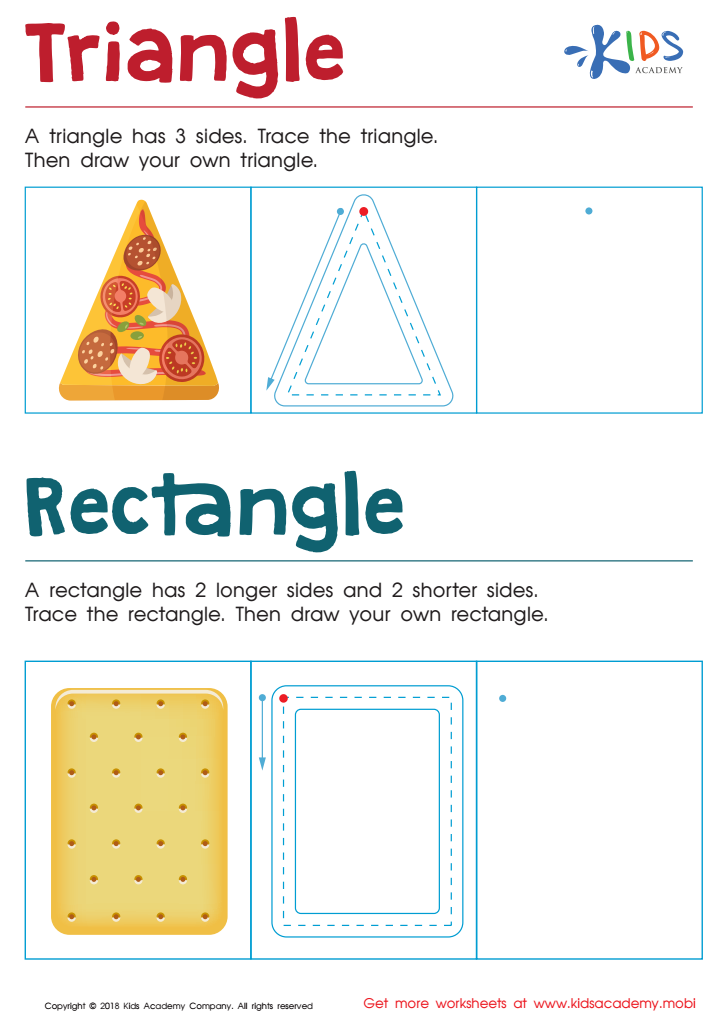

Triangle Rectangle Worksheet
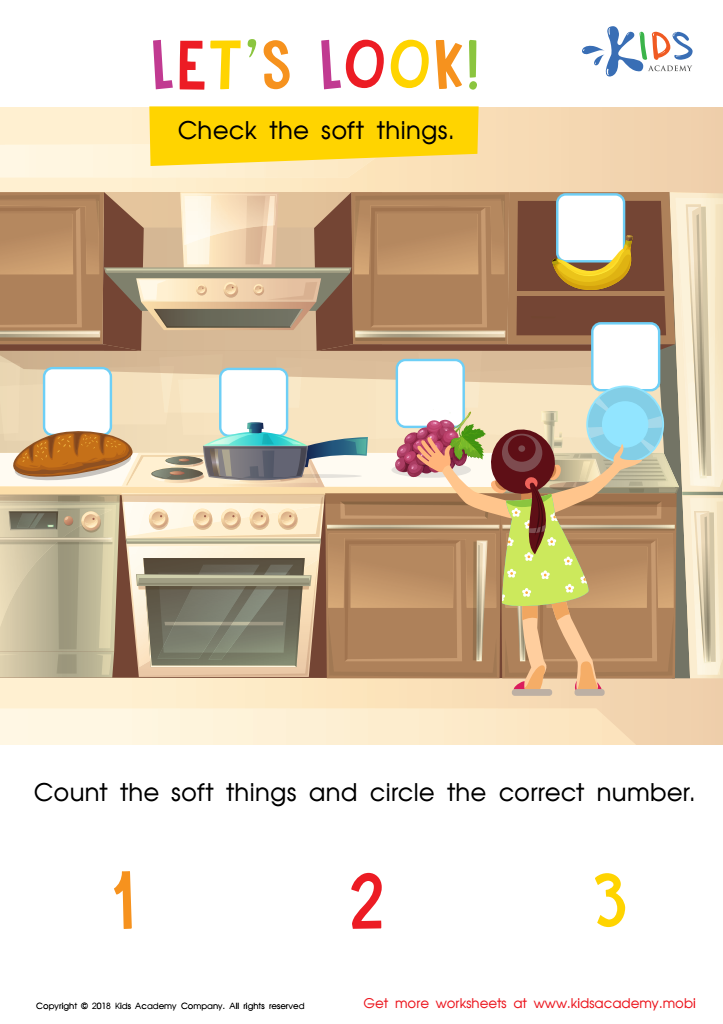

Let's Look! Assessment Worksheet
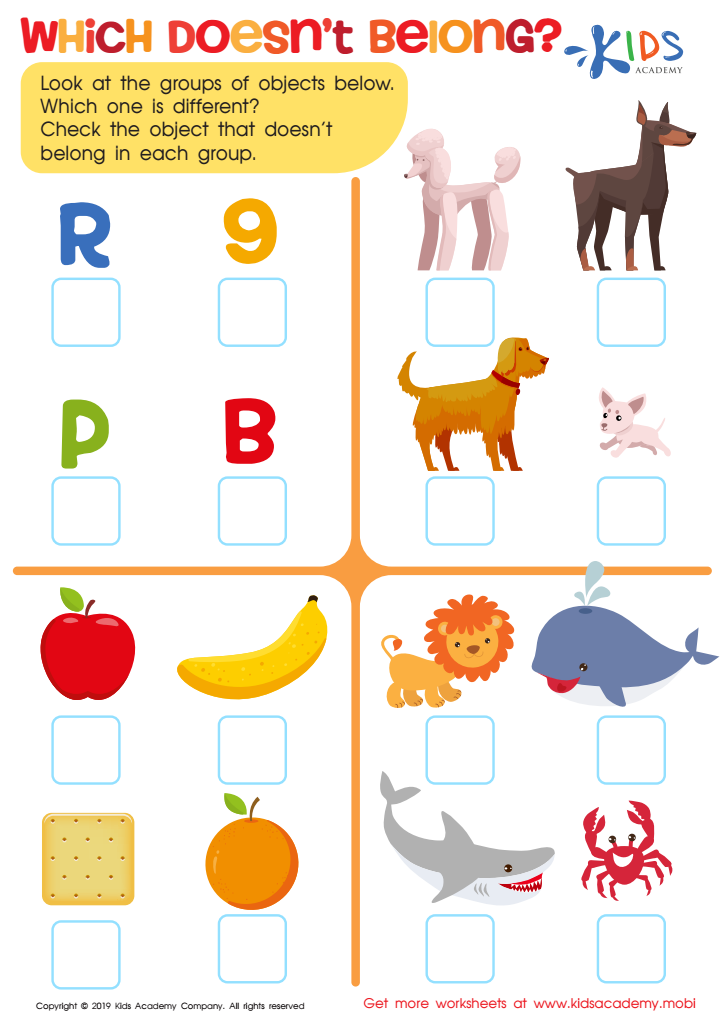

Which Doesn't Belong? Worksheet
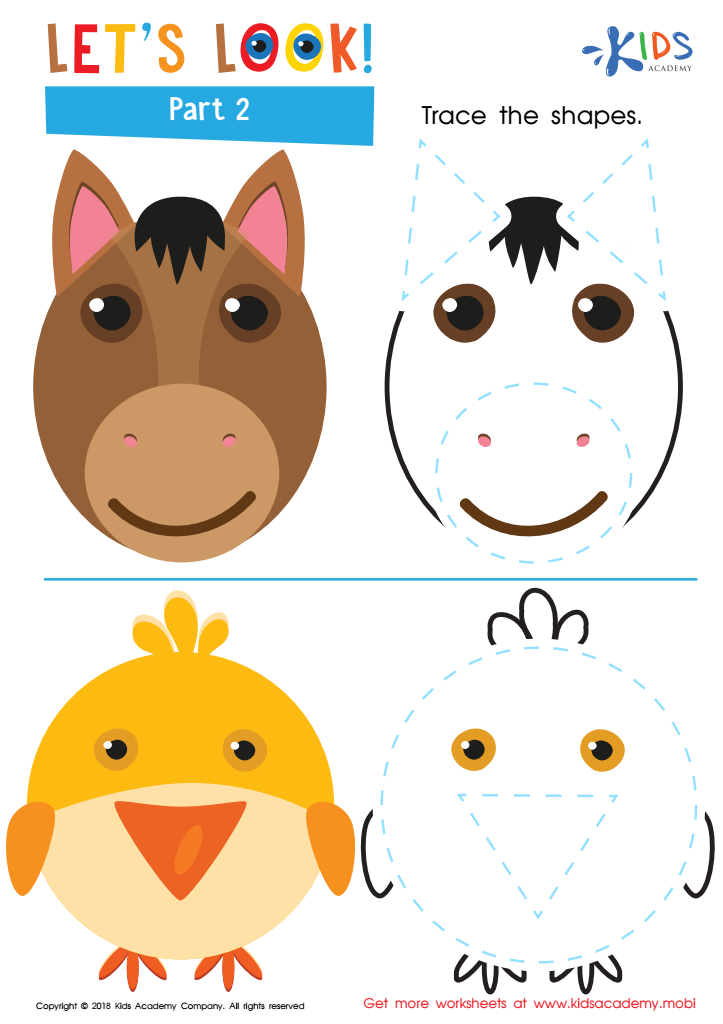

Let's Look! Part 2 Worksheet
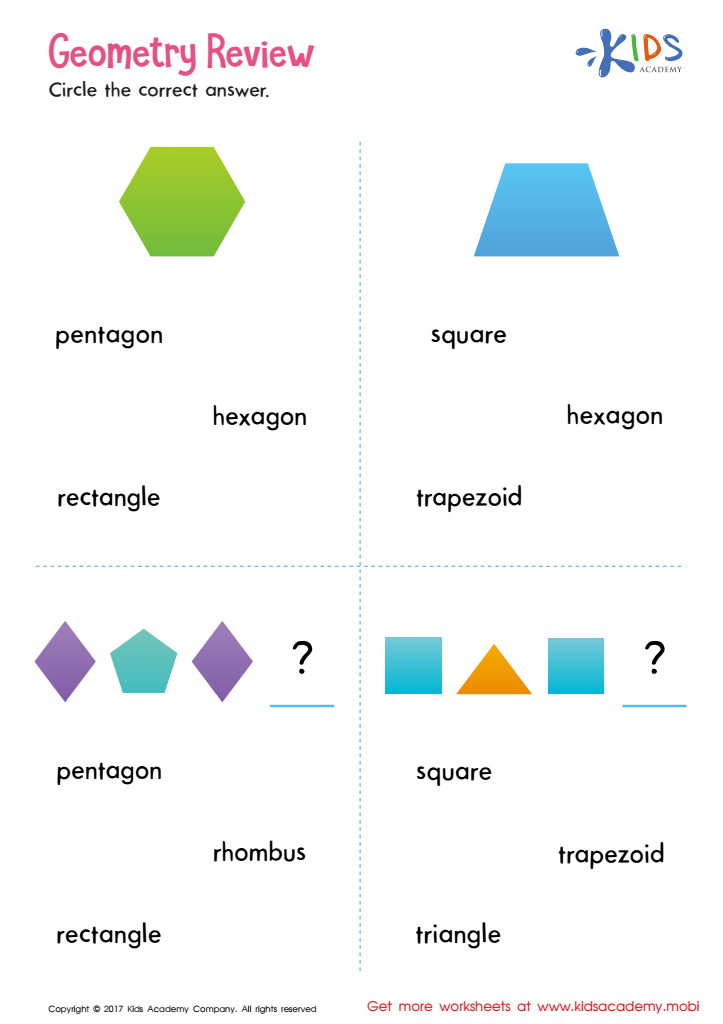

Geometry Review Printable
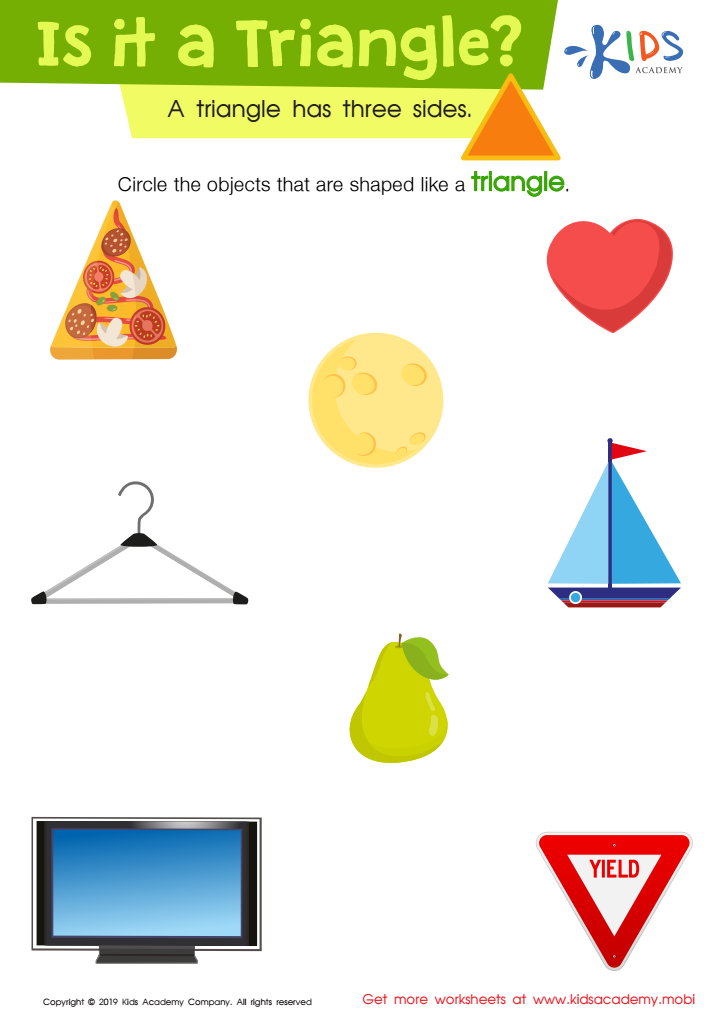

Is It a Triangle? Worksheet
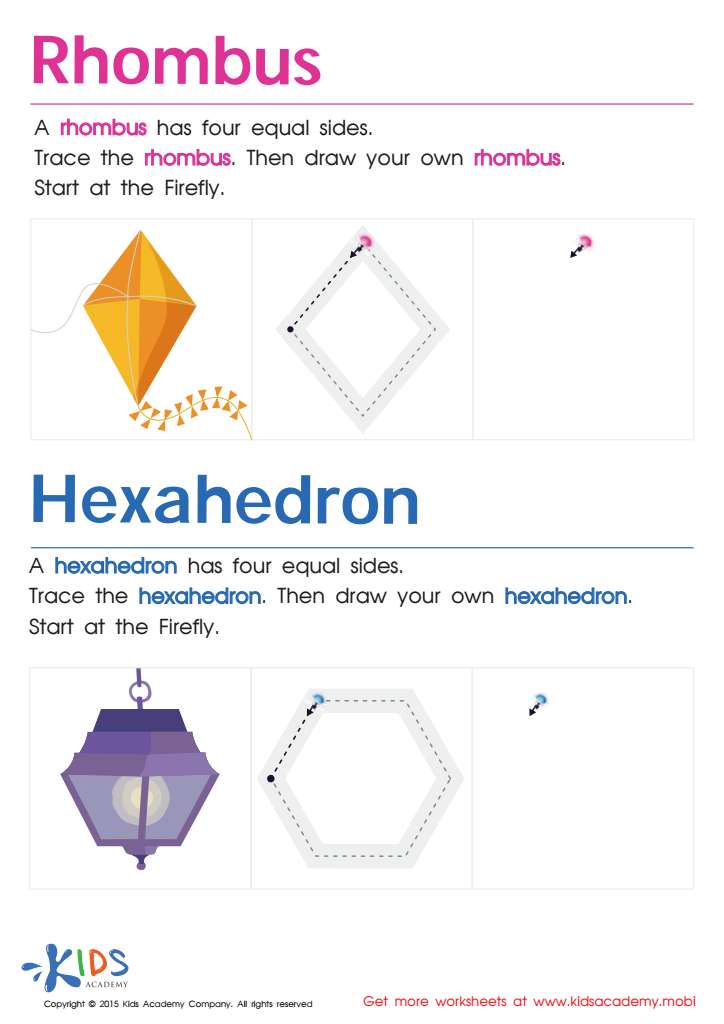

Draw a Rhombus And a Hexahedron Printable


Number 2 Printable
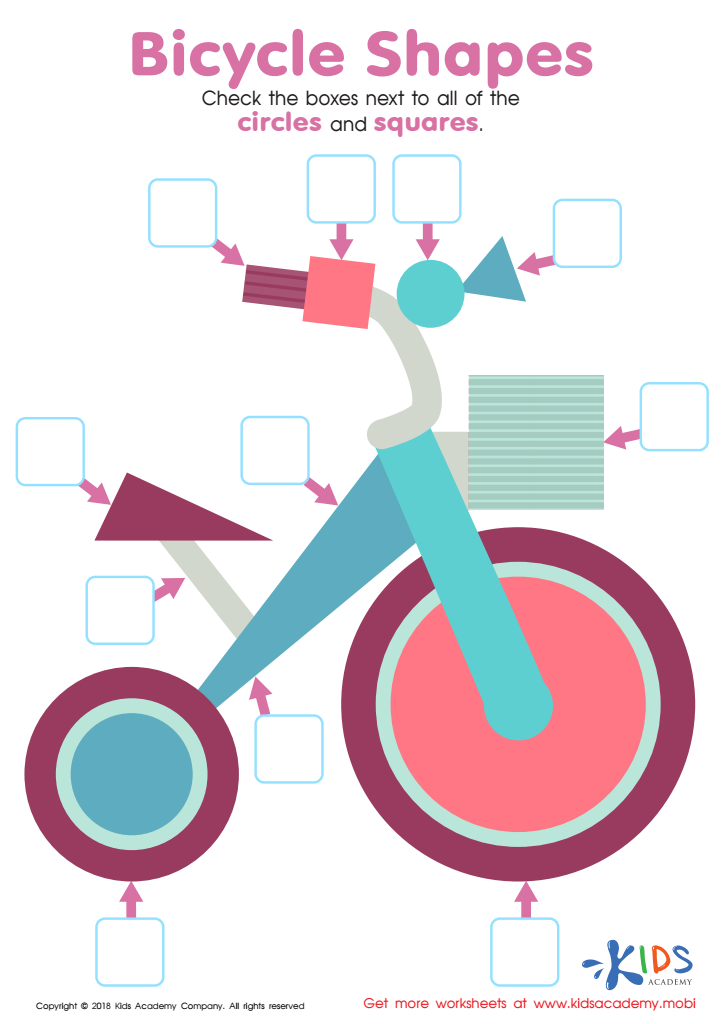

Bicycle Shapes Worksheet
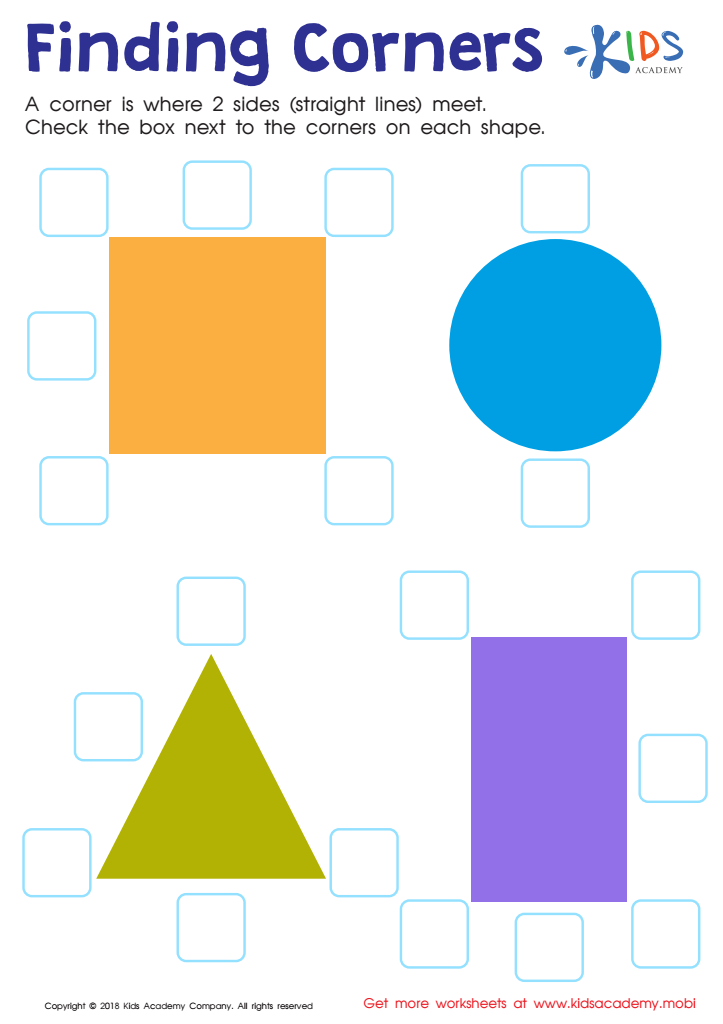

Finding Corners Worksheet
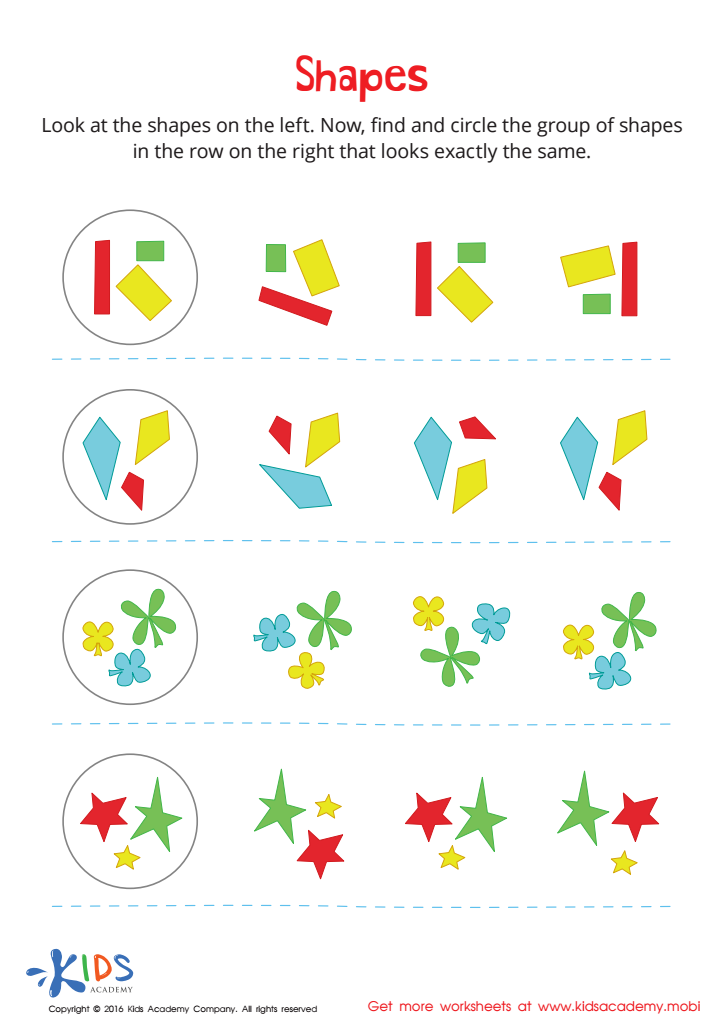

Shapes Worksheet
Shape identification is a crucial aspect of early childhood education that has far-reaching benefits for 4-year-olds. For parents and teachers, understanding and promoting shape recognition enhances cognitive development, spatial awareness, and problem-solving skills. At this age, children are naturally curious, and engaging them in shape identification helps to build foundational math skills. Recognizing shapes aids in developing patterns and understanding geometry, which are essential components of future learning.
Furthermore, shape identification contributes to language development. As children learn to label and describe shapes, they expand their vocabulary and improve their communication skills, fostering an environment for expressive language.
Social skills are also bolstered during shape-related activities; when children work together to identify or group shapes, they practice teamwork and cooperation. Enhancing their observational skills through these interactions will also prepare them for more complex learning as they progress in their education.
Overall, when parents and teachers prioritize shape identification, they are not merely teaching academic concepts; they are fostering essential skills that contribute to a child's holistic development, making learning enjoyable and laying the groundwork for success in later years. Emphasizing interactive play and discussions around shapes engages young learners and inspires a lifelong love of learning.
 Assign to My Students
Assign to My Students
